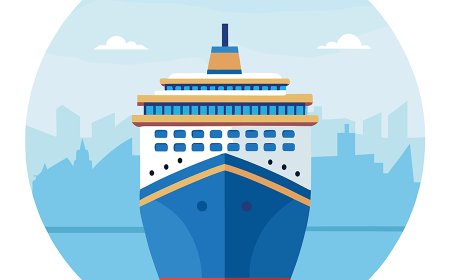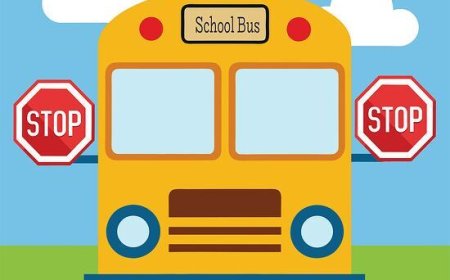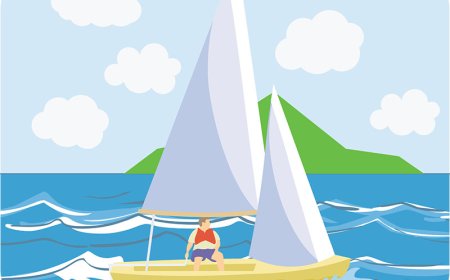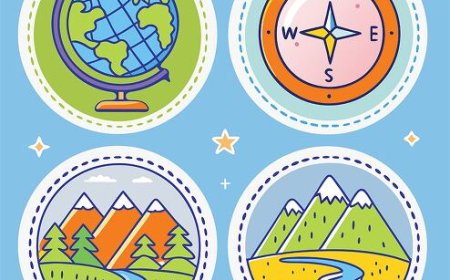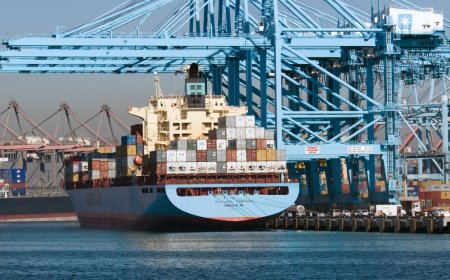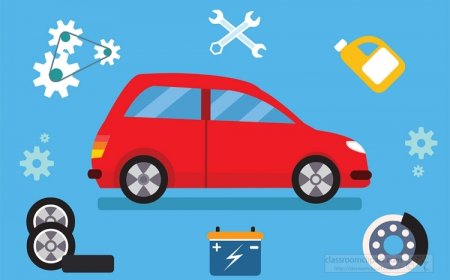History of Transportation: How Humans Learned to Travel
Discover how transportation has changed from walking to rockets. A fun and educational guide for kids about the history of human travel.
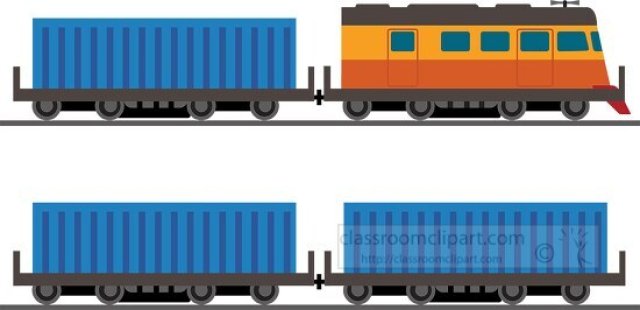
🚀 History of Transportation: From Footsteps to Flight
Summary:
Transportation is how people and goods move from one place to another. Thousands of years ago, people walked or rode animals. Over time, we invented wheels, boats, trains, cars, airplanes, and even rockets! In this article, we’ll explore how transportation developed over time and changed the way we live, trade, and explore the world.
🏞️ 1. Early Human Travel: On Foot and With Animals
Before machines or roads, early humans traveled by walking. They carried what they needed and moved slowly from place to place. Later, they began using animals:
- Dogs pulled sleds in snowy areas
- Donkeys, horses, and camels carried people and goods
- Oxen pulled heavy carts and plows
These early methods were slow, but they helped people explore new lands and start trade between villages.
🛞 2. The Invention of the Wheel (Around 3500 BCE)
The wheel is one of the greatest inventions in history. When people combined wheels with carts or wagons, they could carry much more with less effort.
- First used in Mesopotamia
- Helped create chariots, wagons, and carts
- Made travel faster and easier for farmers, traders, and armies
💡 Did You Know? The first wheels were made of wood and didn’t have spokes.
🌊 3. Boats and Water Travel
Waterways like rivers, lakes, and seas helped people move faster than walking.
Early water transportation included:
- Rafts and canoes made from logs or hollowed-out trees
- Sailing ships that used wind power
- Rowboats with oars for lakes and rivers
Ancient civilizations like the Egyptians, Greeks, and Vikings used boats for trade, fishing, and exploration.
🐴 4. Chariots and Horse-Drawn Vehicles
In ancient times, chariots pulled by horses were used in:
- Warfare
- Racing
- Royal travel
Later, carriages and stagecoaches became popular in Europe and Asia for longer journeys and carrying passengers.
🚂 5. The Age of Trains (1800s)
The invention of the steam engine led to the railroad revolution.
- First steam-powered train: early 1800s in England
- Trains could carry tons of cargo and hundreds of passengers
- Connected cities, factories, and farmlands
- Trains helped nations grow faster and boosted the Industrial Revolution
💡 Fun Fact: Trains could go 30+ mph—super fast at the time!
🚗 6. Cars and Automobiles (Late 1800s to Today)
The gasoline engine changed everything.
- Karl Benz built the first gas-powered car in 1885
- Henry Ford made cars affordable with the Model T and assembly lines
- Today, we have hybrid and electric cars, ride-sharing apps, and even self-driving cars!
Cars gave people freedom, faster travel, and helped shape modern cities.
✈️ 7. The Invention of the Airplane (1903)
In 1903, the Wright brothers flew the first powered airplane.
- Early planes were small and open
- Used in World War I for surveillance and battle
- Commercial flights began in the 1920s and ’30s
- Now, planes carry millions of people daily across the world
Modern airplanes can fly over 500 mph and cross oceans in hours!
🚀 8. Space Transportation (1950s to Now)
In the mid-1900s, humans looked to the stars.
- 1957 – First satellite: Sputnik (Russia)
- 1969 – First moon landing by NASA’s Apollo 11
- Today – Rockets carry astronauts and satellites
- Companies like SpaceX are working on space tourism!
Space travel is still new, but it could be the next big step in transportation.
📅 Transportation Timeline (Quick View)
| Time Period | Transportation Style |
|---|---|
| Prehistoric | Walking, carrying items |
| Ancient Times | Animal power, rafts, chariots |
| 3500 BCE | Wheel invented |
| 1700s–1800s | Sailboats, wagons, carriages |
| 1800s | Steam trains, paddle boats |
| Late 1800s | Gas-powered cars |
| 1900s | Airplanes, buses, electric streetcars |
| 2000s+ | EVs, bullet trains, space rockets |
📚 Vocabulary to Know
- Transportation – Moving people or goods from place to place
- Steam engine – A machine that uses steam to power movement
- Chariot – A two-wheeled vehicle pulled by horses
- Industrial Revolution – A time when machines changed how people worked
- Electric vehicle (EV) – A car or truck powered by electricity
🧠 Think About It!
What do you think transportation will look like in 100 years? Will we fly in cars or live in space?
🧒 Kid-Friendly Summary
Transportation has changed a lot over time. People started by walking, then rode animals, and later invented cars, trains, airplanes, and rockets! Each new invention helped us go faster and farther—and made the world feel smaller and more connected.




















































